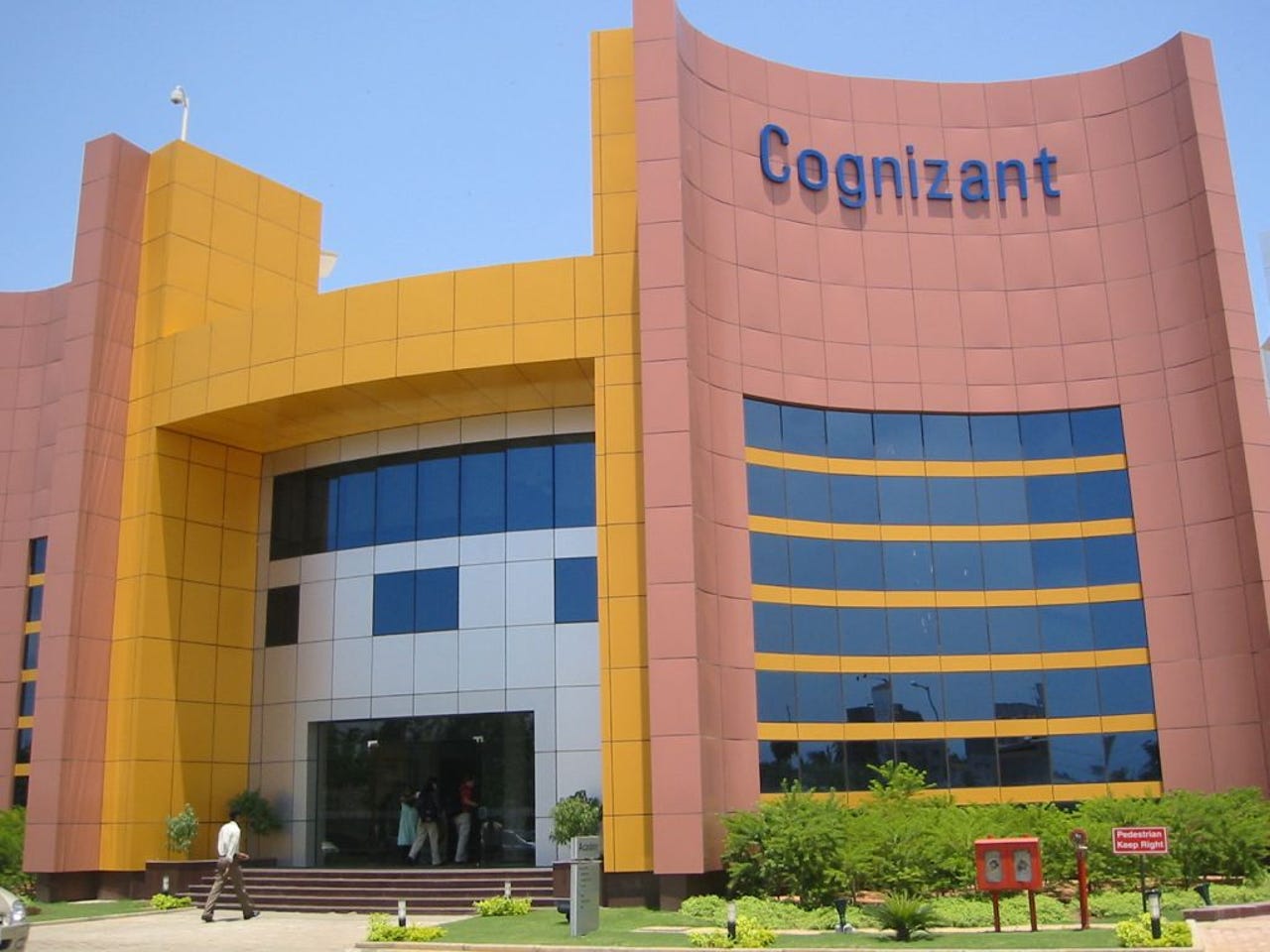Why Cognizant is perched at the top of the Indian IT Services heap

The quarter ending March 2015 was not a particularly rosy one for the majority of Indian software services firms. From Infosys to TCS to Mindtree, one firm after another revealed numbers that were not in line with analyst expectations, and were duly punished in the stock market. There was one firm, however, that was a standout.
Teaneck-based Cognizant reported March-ending revenues were up 20 percent from a year earlier, and 6.2 percent sequentially to $2.91 billion, outstripping its earlier forecast of $2.88 billion. Net income also rose to $382.9 million in the March quarter, from $348.9 million during same quarter in the previous year.

Chief executive officer Francisco D'Souza offers one theory.
"It is gratifying to see we win more deals in the digital space, as we have been making investments in digital and automation and they are clearly paying off," he said in a recent interview, according to Mint newspaper.
Other experts say that stronger execution by Cognizant's teams is a big reason for its dominating numbers.
Latest news on Asia
The reality is, in today's fast-shifting landscape, what sectors you are doing business in can make or break you, and the IT sector has found this out the hard way. Cognizant has two key client bases: The healthcare sector, which is booming these days, and contributes to a third of Cognizant's revenues; and commercial banking and finance, which is responsible for 40 percent of the company's business. Healthcare grew a robust 13.8 percent, while banking and finance was up 3.6 percent.
"They mind their chickens ... they are an inch wide and mile deep, and this helps as they have a relatively small set of industries they work, but they work pretty closely," said James Friedman of Susquehanna International Group.
More importantly, where Cognizant was not present has as much to do with its success as where it was. For instance, JP Morgan India recently observed in a note to its clients that as much as four fifths of the underperformance at India's big four IT firms was because they were mired in the volatile energy and telecom sectors.
Mint newspaper pointed out that Wipro saw around $100 million of its revenues vaporise, because it had 16 percent of its customers in the oil and gas sector, many of whom were shutting down projects as oil prices plunged. Tata Consultancy Services (TCS) was impacted by softness in the insurance sector.
Cognizant has one other major advantage -- it has proven to be relatively impervious to currency fluctuations than other IT majors, according to Mint, since most of its billing is in dollars, and only 12 percent of its revenue is billed in the British pound and the euro. By contrast, 24 percent of TCS' revenues arrive in either of the two currencies, and at least half of Wipro's business is in non-dollar currency. Cross-currency fluctuations and conversions chronically take a bite out of both of these companies.
Of course, today's soaring industry verticals are tomorrow's disasters, as the oil and gas industry has proven. Cognizant's good fortunes may weigh a little too heavily on luck and serendipity, rather than any kind of soothsayer-like precision planning. After all, its industry mix had already been established before oil prices fell. And another global calamity in, say, banking, could theoretically upend Cognizant's business, considering its heavy reliance on the sector.
But luck alone cannot explain the kind of consistent track record that Cognizant has. It is the firm's ability to convert its positioning with solid execution and continued client wins that allows it its lofty perch in the industry today.